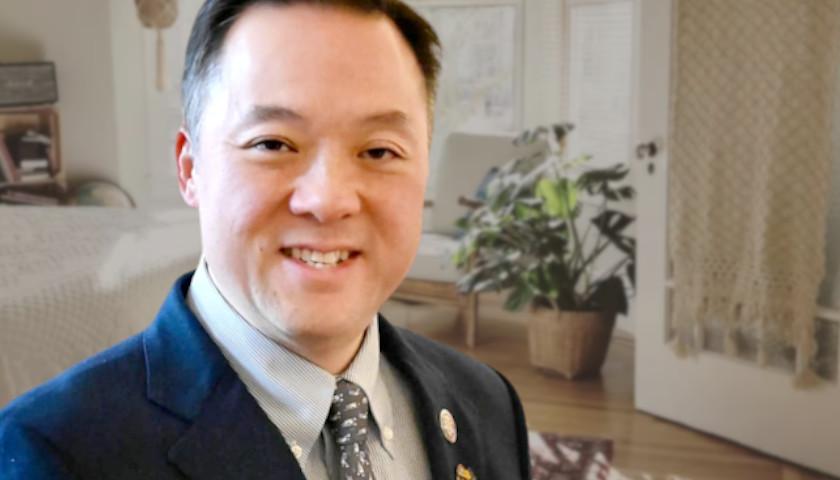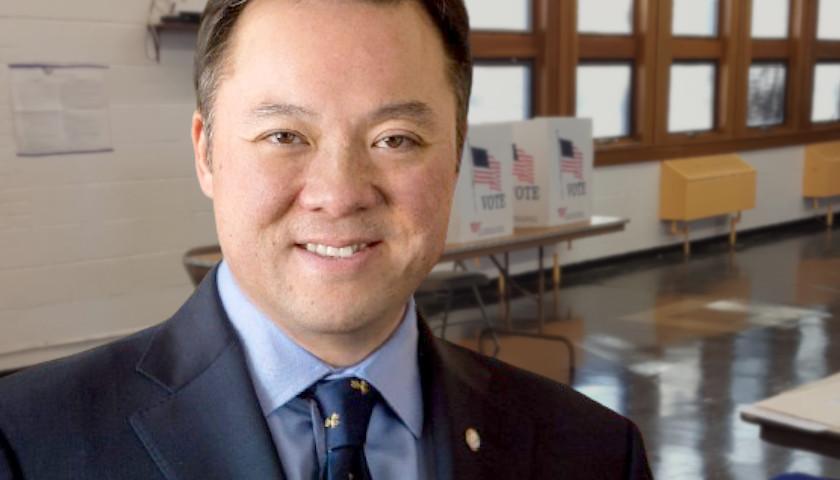by Christian Wade
Connecticut’s top law-enforcement officer wants to be able to sue nursing homes to recoup taxpayer dollars when facilities are accused of harming patients.
A proposal being considered by the state’s General Assembly would, if approved, authorize the Attorney General’s office to conduct investigations and file civil lawsuits in cases where state health officials have issued orders that state or federal laws or regulations have been violated.
The legislation is backed by Attorney General William Tong, who says it would help protect state’s most vulnerable residents, and taxpayer dollars from unscrupulous nursing home operators.
While the state Department of Public Health has enforcement authority over violations of state and federal law related to the care of residents in residential facilities, Tong said his office doesn’t have the legal authority to recover state funding, including Medicaid dollars.
“The state pays billions of dollars annually through Medicaid and other state programs for long term care for our most vulnerable residents,” he said in a statement. “Remarkably, the state does not have an adequate remedy to recover the monies it spends when the care it pays for results in harm to long term care residents.”
Tong said the push for tort authorization is being driven by concerns in recent years that Connecticut long-term care facilities have “failed in some instances to deliver adequate care, and as a result residents have suffered serious harm.”
Under the proposal, the AG’s office would be authorized to seek up to three times the damages sustained by the state, in addition to civil penalties from $5,500 to $11,000 for each instance of a violation. It would also empower the AG to seek injunctive and declaratory relief to prevent future violations or harm to patients.
“I recognize that long term care facilities are working hard in a difficult environment to care for their residents,” Tong said. “But when bad care harms or threatens to harm long term care residents, the state must be able to recover the money it has paid for that care and for its harmful consequences.”
The proposal is also backed by advocacy groups for the disabled and elderly, who testified in support of it during a hearing last week before the Legislature’s Human Services Committee, which is considering the bill.
“Persons with intellectual developmental disabilities who reside in residential care homes or nursing homes who are victims of abuse and neglect or may become victims of abuse and neglect deserve to know that civil penalties will be assessed for infractions for abuse and neglect claims against their person,” Carol Scully, director of advocacy for the ARC of Connecticut, wrote in testimony in support of the bill.
But groups representing nursing homes oppose the legislation, saying it would add an unnecessary layer of state regulation over long-term care facilities.
Mag Morelli, president of LeadingAge Connecticut, which represents 39 nursing homes in the state, told the committee the bills would “create a separate and duplicative layer of investigations and enforcement on top of the other state and federal enforcement agencies.”
Morelli said those agencies “already have extensive investigatory powers and authority to assess civil monetary penalties, halt admissions, and close homes when egregious violations are found.”
– – –
Christian Wade is a contributor to The Center Square.
Photo “Attorney General William Tong” by Attorney General William Tong.





